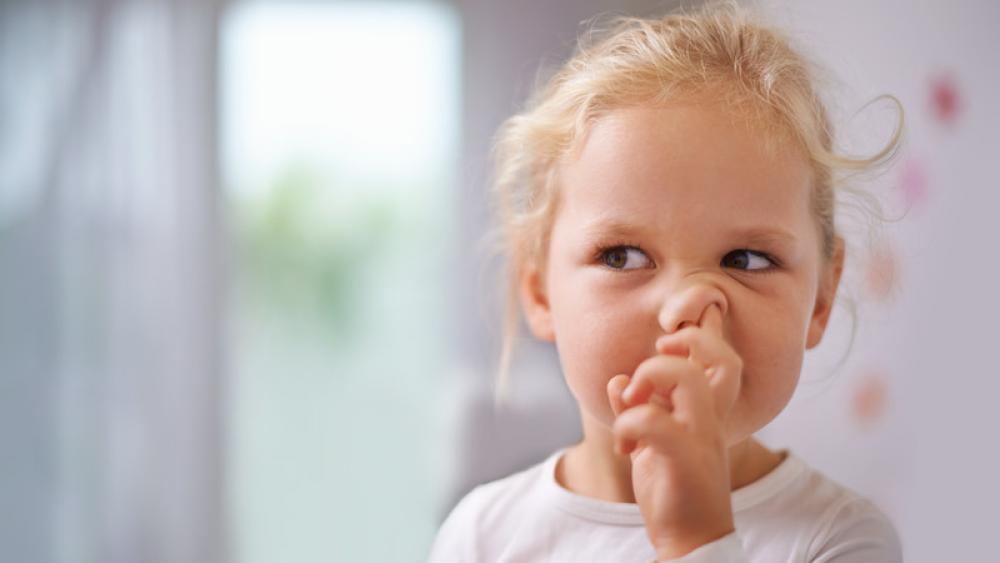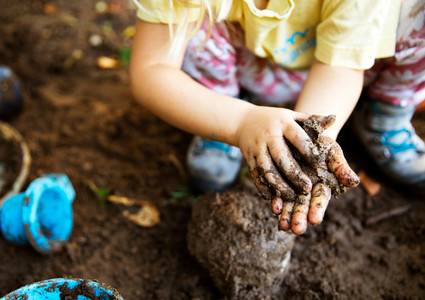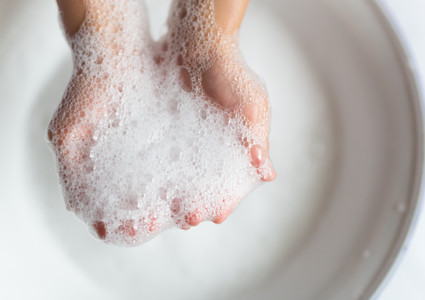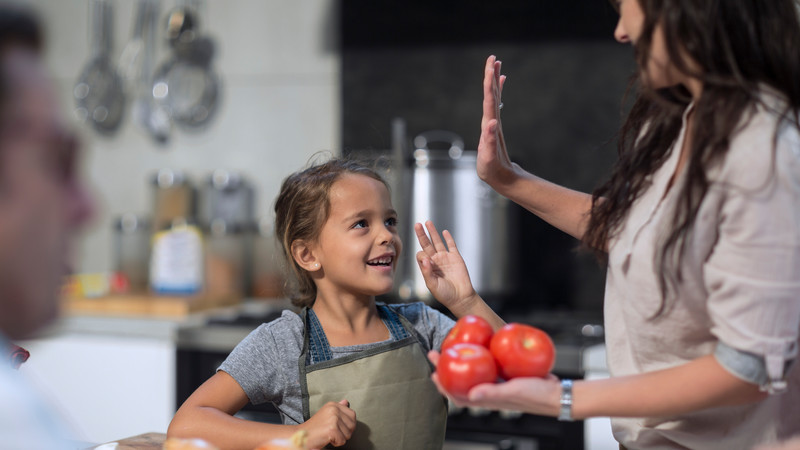




Family Health
Germophobe Parents, Listen Up: Keeping Kids in a Bubble May Not Keep Them Well
Published: Dec. 17, 2019

Do you die a little inside when your child licks a shopping cart? Have you taught them the famous flush-with-a-foot maneuver? Let’s talk playgrounds – better yet, mall and fast-food restaurant playgrounds. Is your skin crawling yet?
All jokes – or maybe near truths – aside, I get it. I’m a parent. And worrying about germs in relation to our children is something many parents do. It’s the fear of what you cannot see. And it’s tough to quantify the scale of such threat when there’s so much misinformation out there.
Yes, infectious diseases are a legitimate concern, especially this time of year. But not every germ guarantees your child a bout of influenza or pneumonia. In fact, some bacteria are good and necessary.
So what’s a parent to do? How does one protect their kids from this seemingly scary, germy season? I have four words: Common sense and moderation.
The hygiene hypothesis
 The hygiene hypothesis has been around for more than 30 years. It’s based off data that suggests early childhood exposures to certain elements and microorganisms help develop a resistant immune system, preventing health problems later in life. I think it’s valid. But it’s definitely misunderstood.
The hygiene hypothesis has been around for more than 30 years. It’s based off data that suggests early childhood exposures to certain elements and microorganisms help develop a resistant immune system, preventing health problems later in life. I think it’s valid. But it’s definitely misunderstood.
The hygiene hypothesis is often incorrectly interpreted as a matter of personal cleanliness. Reducing personal hygiene – like not bathing or not washing your hands – has no effect on allergies or immune disorders, and it could increase the risk of infection. The hypothesis does not suggest that more childhood infections are beneficial in any way.
That said, our immune systems are like muscles. They need to be strengthened, tested and fine-tuned for optimum efficiency. If we never give our immune systems the opportunity to work – if we never expose them to allergens and germs – our bodies won’t know what to fight off and what to ignore. By creating environments that are too clean, there’s a good chance our immune systems will find something – anything – to fight, or they won’t know when to fire up.
The dirt on soap and sanitizer
 I would normally never tell a parent to cut back on handwashing. When it comes to cold and flu season, soap and water are king. Hand sanitizers are reasonable when soap and water aren’t available, but even during this time of year, washing or sanitizing your hands excessively could backfire.
I would normally never tell a parent to cut back on handwashing. When it comes to cold and flu season, soap and water are king. Hand sanitizers are reasonable when soap and water aren’t available, but even during this time of year, washing or sanitizing your hands excessively could backfire.
Over washing or sanitizing can rid your skin of necessary oils and lead to dry, cracked and bleeding skin, which allows bacteria to easily enter the body.
Itchy, flaky, red or painful hands may be signs that you’re overdoing it.
Getting a leg up on cold and flu season
You don’t have to keep your child in a bubble to keep them healthy this winter. There are plenty of ways to arm them against illness, including:
- Keeping them up to date on important vaccinations
- Teaching them proper hand hygiene
- Limiting their interaction with sick friends and family members
- Keeping them home and encouraging rest when they’re feeling under the weather
- Limiting their sugar intake and ensuring they’re eating a nutritious diet
- Making sure they’re getting plenty of rest each night
While many parents believe certain supplements will provide further protection against illness, I don’t necessarily recommend them. A daily multivitamin is reasonable and may give parents some peace of mind, but it’s certainly not necessary. Probiotics have not been shown to be beneficial for children, and I would generally avoid them unless specifically recommended by your child’s provider.
Stress can make you sick, too
When it comes to keeping germs away, don’t stress yourself out. You already know what your child needs to thrive, and none of those things include a purse full of hand gel or tiny hazmat suits.

I’ll say it again: Common sense and moderation. Getting sick is a normal part of childhood. And when it happens, you can always give me a call.
More Resources
- Learn more about proper hand hygiene
- Get familiar with the CDC’s recommended vaccination schedule
- Can you actually prevent lice? Learn more
- Read more articles from our Family Health section


